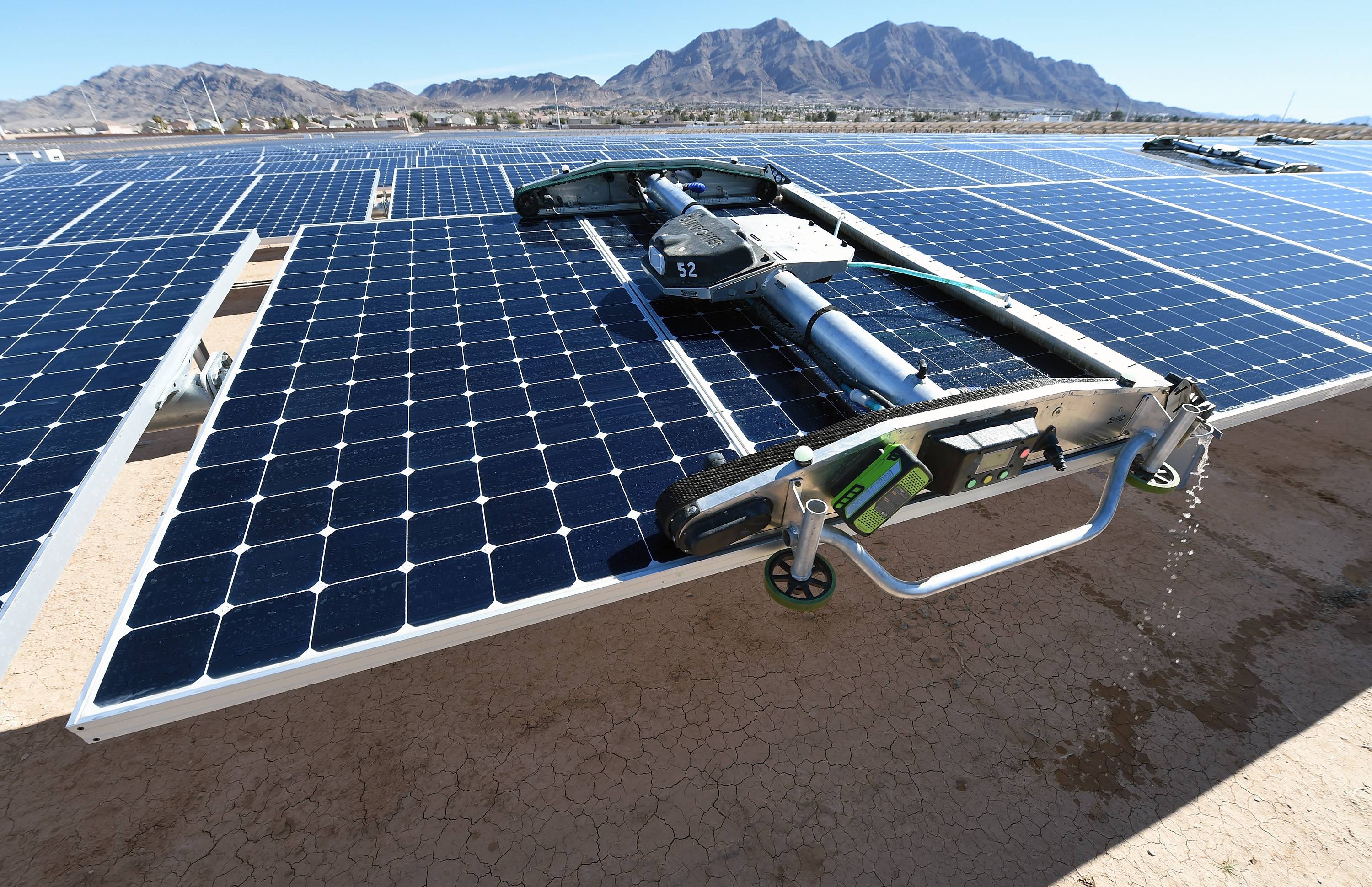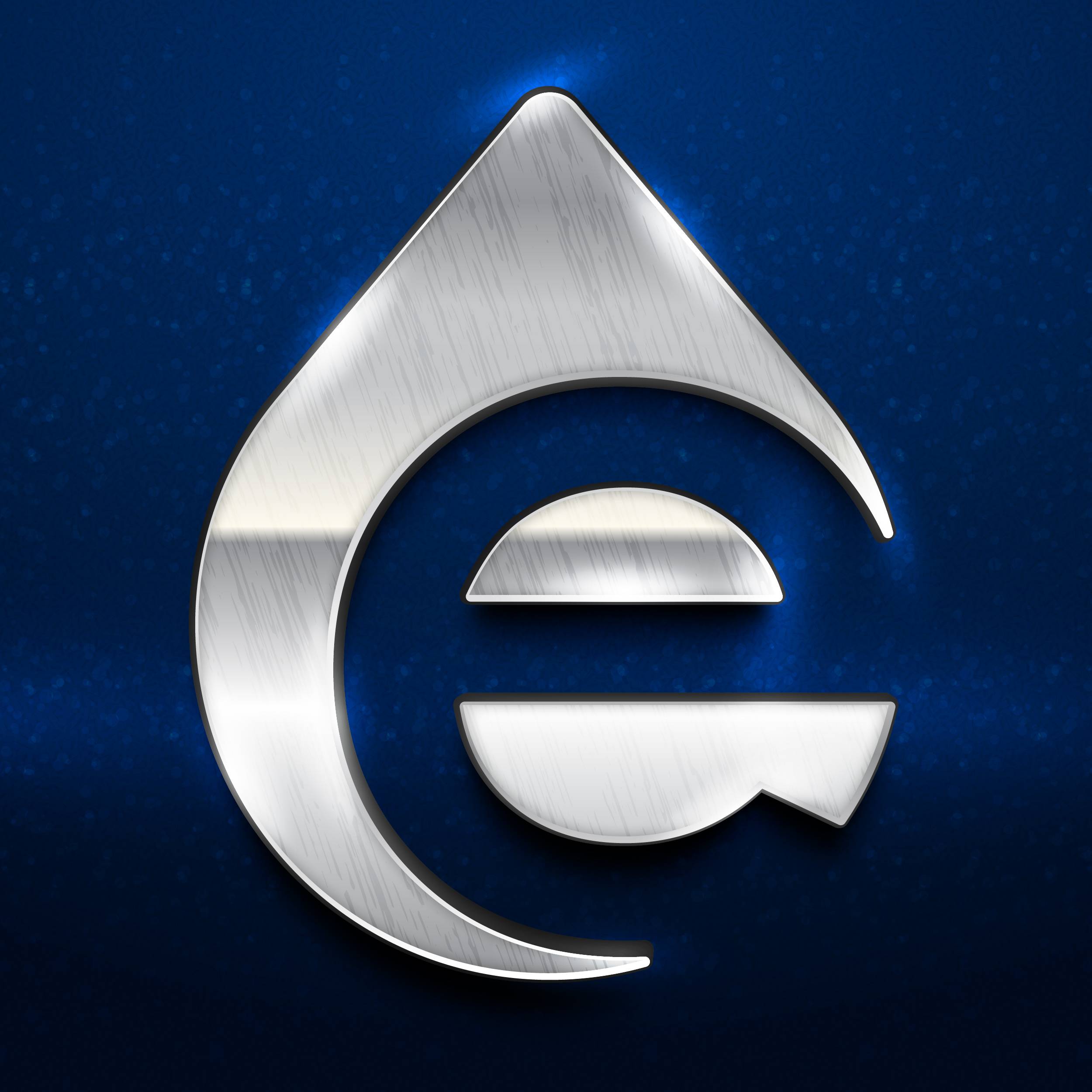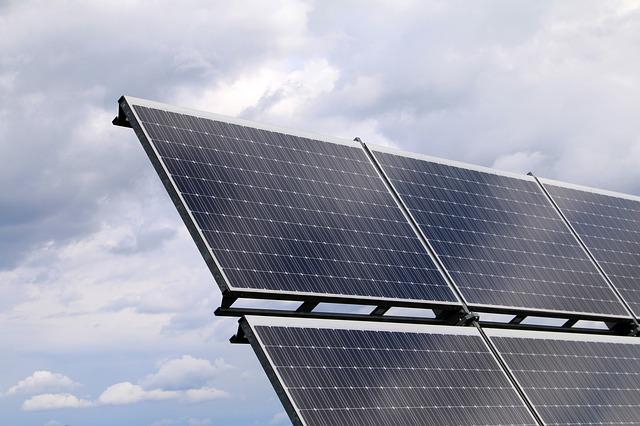
Leasing solar panels for your home is an option. It is important to be aware of both the benefits and costs. By reading this article, you'll be able to decide if leasing is right for you. Besides, this option is convenient for many people.
Leasing cost
There are many things to think about when leasing solar panels. The monthly payment is often cheaper than buying the panels outright. Leasing solar panels has its downsides. These include the inability to qualify for any rebates, incentives, or federal subsidies. Leasing companies can make money from your monthly payments and receive incentives from the solar panel.
The value of your home depreciates, and you'll have to pay less for solar panels if you want to sell your home. The price of solar panels can lower the value and make it difficult to sell your home if the buyer doesn't wish to lease it. Buyers are also concerned about solar leasing and may lower the price to avoid them.

Benefits of leasing
Leasing solar panels is an option for those who don’t want to spend the full cost of the system. This arrangement has no upfront cost and doesn't require maintenance. Some leasing companies offer discounts for first-time customers. A solar company will handle the installation, so you can enjoy the benefits of not having to worry about it. However, you may lose some control over the location and aesthetics of the panels if you lease them.
The main benefit of leasing solar panels, is the fact that you can reduce your energy bills over time. Your monthly utility bill could be reduced by anywhere from 15% to 40% depending on how big your system is. Furthermore, leasing solar panels gives you the opportunity to monetize your solar power on the SREC Market.
Leasing has its drawbacks
If you're thinking about leasing solar panels for your home, you're not alone. Solar leasing has its downsides. Leasing solar panels requires a long-term commitment. This means that the panels may not be available for sale when your house is sold. Solar leases may also prevent you from refinancing your home.
Solar leasing has another drawback: you can't claim tax incentives. Solar leasing doesn't allow you to claim the 26% federal credit for solar tax credits, as the solar company is the owner of the panels. Additionally, your utility rates will be much higher than those for a traditional loan. You should consult a tax professional before leasing solar panels to your home.

Lease or lease?
Leasing solar panels for your house from a solar leasing company can prove to be risky. Since the solar lease company wants to make a profit, they may try to tie your hands in a long-term agreement in order for them to make as much as possible. You might have to pay the remainder of the lease payments by yourself, or find a buyer to take over the contract when you sell your house. To attract buyers, your home will need to be priced lower. Leasing solar panels will also affect your credit score. You will be less likely to be approved for a home loan in future.
Leasing solar panels has another advantage: you don't need to pay upfront. The leasing agency will also take care of your federal tax and maintenance. This is particularly beneficial for those who don't meet the requirements for federal tax incentives and have poor credit ratings. Finance solar panels are the best choice if you're able to qualify for a loan. It will not only save you money, but also increase your home's value.